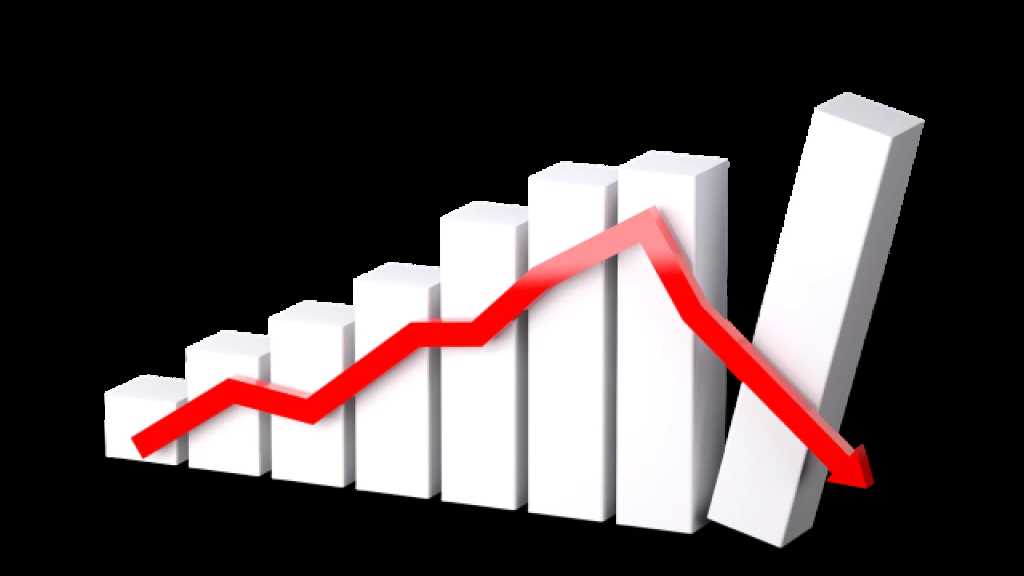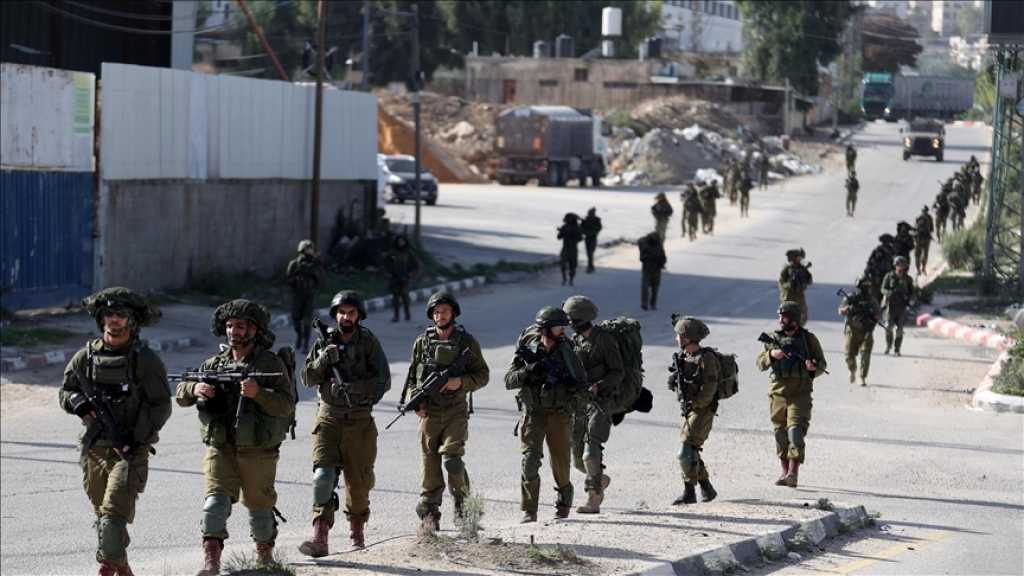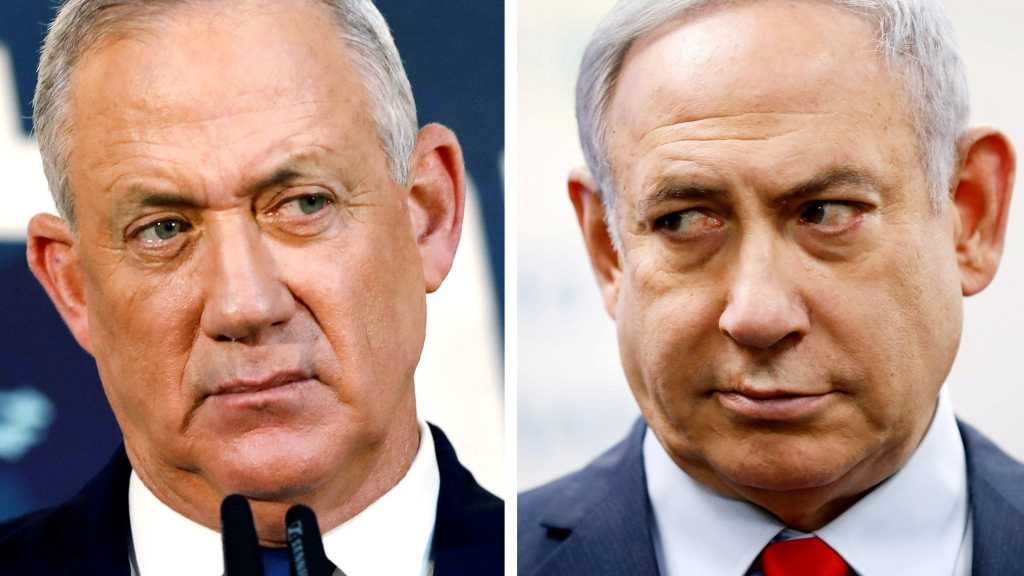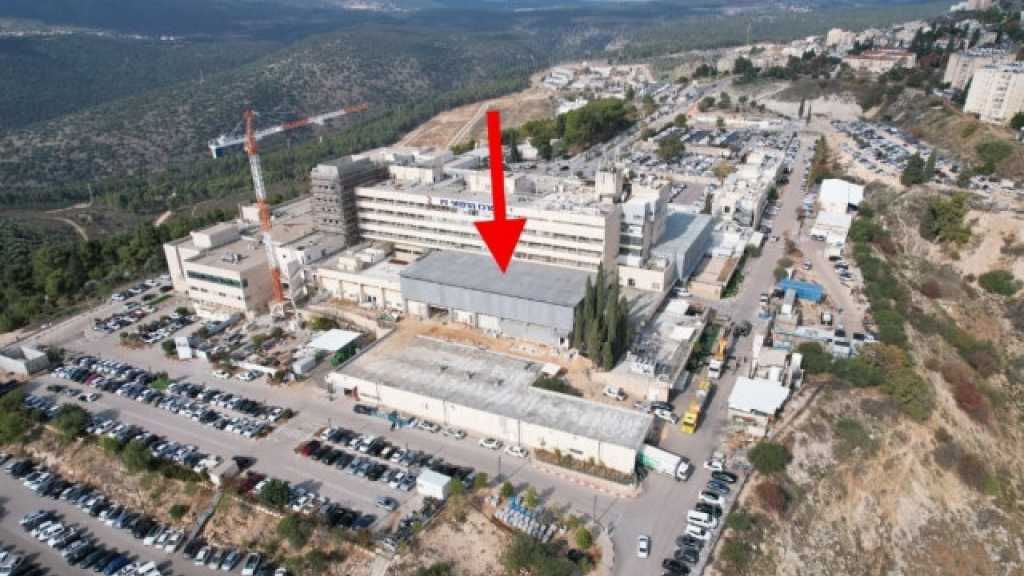
Threats to “Israel” in 2022: Iran and Hezbollah Are Priorities
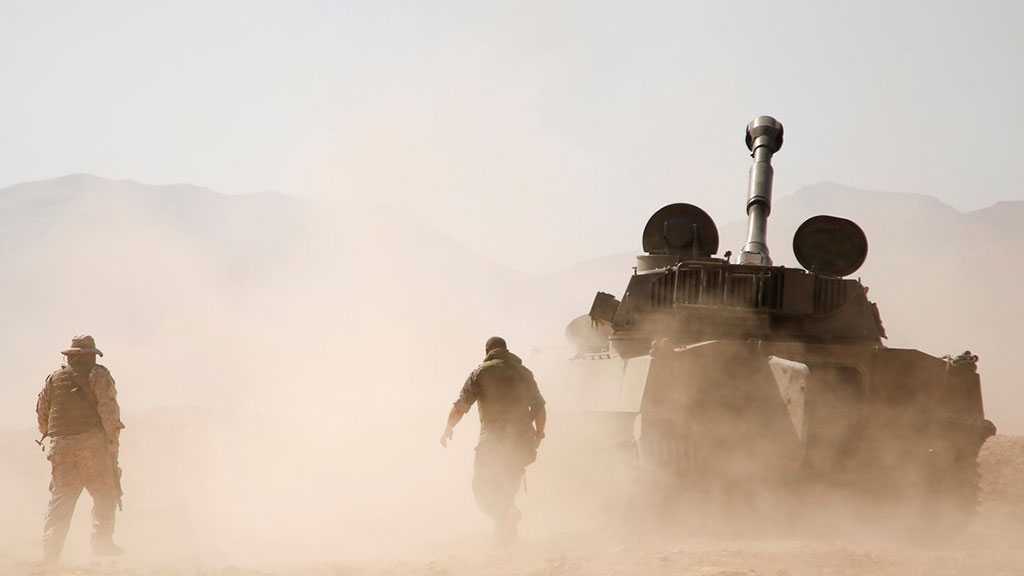
Translated by Al-Ahed News, INSS
“Israel’s” strategic assessment and the 2022 Threats Index prepared by the Institute for National Security Studies [INSS] confirmed that Tel Aviv lacks an integrated, consistent, and long-term strategic approach to deal with the Iranian threat as well as the challenges it faces in the Palestinian arena and those posed by internal social rivalries.
The evaluation presented to the “Israeli” President Yitzhak Herzog contends that the following three threats are equal in their severity, but it believes that Hezbollah is still a central factor.
Challenges that worry the enemy
Iran poses the most serious external threat to “Israel”, according to the “Israeli” strategic evaluation. The institute’s researchers say that Tehran is the focal point of the challenges, as it continues to strive for a “nuclear threshold”, while remaining determined to build up its allies in the region and threaten “Israel” in several areas along its borders.
According to the researchers, there is another serious challenge – the Palestinian arena, which jeopardizes “the vision of ‘Israel’ as a Jewish and democratic state” in the wake of the increasingly weak Palestinian Authority, to the point where it’s unable to function and govern.
On the international arena, the evaluation indicates that “Israel” has to deal with declining American support, while warning that internal polarization, incitement, lack of governance, and the erosion of trust in state institutions are a real threat to “Israel’s” social resilience and national security.
Because of Iran, "Israel" is in grave danger
The evaluation delves deeper into the issue of Iran and the assertion that the latter constitutes the most dangerous external threat to "Israel".
“Israel’s” dependence on US support continues, but the aid that Washington can give “Israel” is challenged by internal US polarization, even as America’s focus is directed at its internal problems and the struggle with China, at the expense of its engagement in the Middle East. Against this background, the US administration is less prepared to pay attention to Tel Aviv’s interests and concerns regarding Iran, which is advancing its efforts in the region and is better prepared than at any time in the past to attack its enemies – all of which puts "Israel" in imminent and grave danger.
The evaluation adds: "The nuclear talks that are taking place between Iran and the world powers put ‘Israel’ in a difficult strategic problem. Even the United States, Tel Aviv's best friend, is creating difficulties. In 2022, the Middle East is at the bottom of Washington's priorities in the world, in the wake of internal US polarization, its struggle with China and addressing internal problems, including the coronavirus, and its decreased willingness to invest in extending and intensifying the normalization agreements between ‘Israel’ and the pragmatic Arab countries.”
The security situation in the West Bank is fragile
According to the strategic evaluation, the Palestinian arena returned in 2022 to the center of the podium, and here it shows that “the security situation in the West Bank is nearing boiling point due to the weakness of the Palestinian Authority.”
“The lack of a solution to the ‘Israeli’-Palestinian conflict poses a threat to Tel Aviv’s identity as a ‘Jewish, democratic state’,” the evaluation adds.
It then moves to the internal arena as a third threat to the “Israeli” entity, noting that “the growing polarization and tensions in ‘Israeli’ society undermine social solidarity, damage the resilience of the state, and compound a deep erosion of trust between the state’s institutions and the public.”
Hezbollah maintains the deterrence equation
The northern arena remains both a threat and a challenge for the Zionists. The strategic evaluation concludes that Hezbollah retains its central and influential position within “Israel’s” internal and political system.
"The organization is constantly intensifying its efforts with the help of Iran to continue the precision missile project and equipping itself with air defense systems, as well as maintaining the deterrence equation with the ‘Israeli’ army."
Researchers at “Israel’s” Institute for National Security Studies believe that "Iran will step up efforts to centralize its multidimensionality to maintain its influence, by transferring weapons to Hezbollah in Lebanon, emphasizing the transfer of precision missile vehicles in Syria and Lebanon, and strengthening air defenses in Syria and Lebanon."
"Hezbollah will maintain its increasing influence in Lebanon at all levels – political, military, economic, and social – despite the increasing pressures on it from inside and abroad, with a very small possibility of a major change in the Lebanese political system after the parliamentary elections scheduled for 2022.”
There is no alternative to Assad
Moving to Syria, the institute’s researchers estimate that there has been a significant change in the regional status of President Bashar al-Assad, which is reflected in the renewed recognition of that status by a number of Arab countries. They say that "awareness has been strengthened that Assad is here to stay and there is no alternative."
